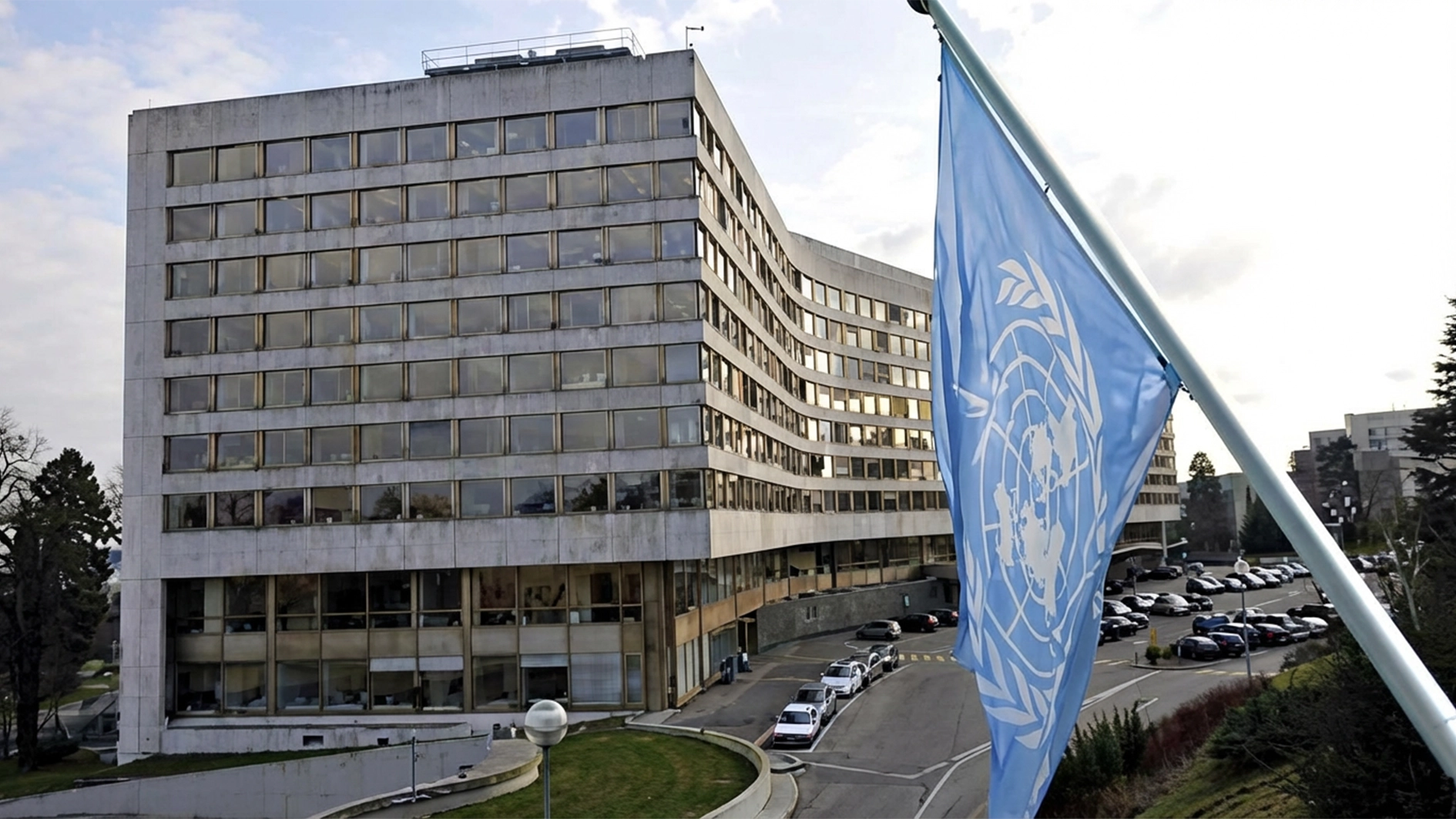Considering mounting commercial and financial challenges facing businesses across the country causing failure, the Business Recovery and Insolvency Practitioners Association of Nigeria (BRIPAN) has called for the deepening of insolvency tools.
The association made this known in Lagos at a two-day conference, themed: ‘Deepening Insolvency Tools for Resolving Commercial and Financial Challenges of Businesses’, which brought together practitioners, judicial officers, financial experts and business leaders from across Nigeria and around the world.
Speaking at the conference, BRIPAN’s President, Chimezie Ihekweazu, said businesses globally were grappling with “dynamic economic pressures, geopolitical uncertainties, technological disruptions and fluctuating financial markets”
Ihekweazu, a Senior Advocate of Nigeria (SAN), said the association had established a joint committee with the Corporate Affairs Commission (CAC), to address issues affecting members and law reform matters.
Justice Victoria Nwoye of the Court of Appeal highlighted the critical role of the judiciary in transforming Nigeria’s insolvency landscape. She proposed five strategic priorities for reform, including expanding structural improvements, enforcing enterprise-tailored solutions and promoting a rescue culture over liquidation.
“When properly deployed, the current framework can rescue businesses from collapse, reallocate capital to more productive uses, protect jobs and supply chains and ensure equitable treatment of creditors.
“Also, a better understanding of the intent and mechanics of tools such as company voluntary arrangements (CVAs) and administrations and schemes of arrangement will shape how these tools are applied in practice. We therefore need to deepen insolvency tools, which will incorporate all players to build a more robust and responsive insolvency ecosystem,” she said.
Nwoye further emphasised the need to leverage technology for efficiency through automated filing, case-tracking and artificial intelligence integration to make the system more accessible and transparent while also stressing the importance of maintaining comprehensive records, ensuring reasonable and proportionate fees, and adhering to anti-money laundering policies.
Also, Justice Akintayo Aluko, representing the Chief Judge of the Federal High Court, Justice John Tsoho, identified key challenges in the current insolvency framework.
These, according to him, include limitations in legal framework education, the need for expanded corporate rescue mechanisms and the necessity for specific qualifications and regulatory oversight for insolvency practitioners.
He said insolvency practitioners must observe “integrity, independence, impartiality and transparency, acting in the best interest of beneficiaries” while avoiding conflicts of interest.
The conference also addressed the work of the newly established Federal High Court Insolvency Unit and strengthening cross-border cooperation for multinational firms and foreign creditors and stressed the need for continuous professional development and assessment of insolvency practitioners.
BRIPAN Vice President, Albert Folorunsho, noted that insolvency law and practice presented a recourse to global challenges brought by economic shifts, regulatory reforms and financial uncertainties.
He said the world was at the crossroads of economic recovery and business sustainability, adding that insolvency, contrary to its perception as a last resort, had become a lifeline.
He lauded the judiciary for its role in interpreting, applying and strengthening insolvency law, saying its commitment would ensure that insolvency evolved to a credible instrument for business rescue and commercial justice.
The conference made a call for a shift from viewing insolvency as a “last resort” to embracing it as “a lifeline, a means of rescue, restructuring and rebirth” for businesses facing financial difficulties.






